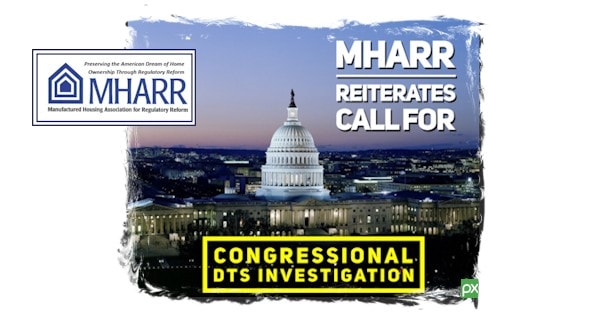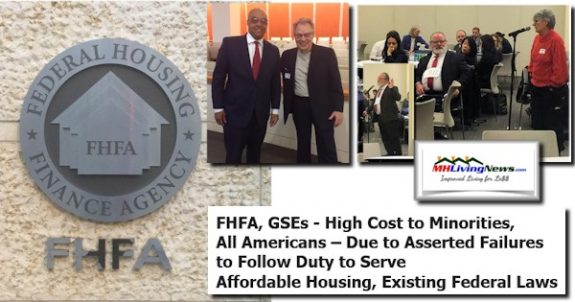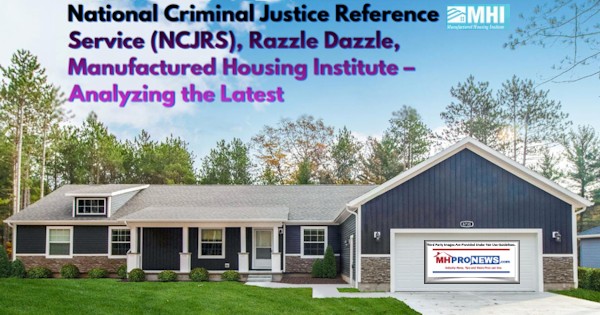
From the NCJRS.gov website, which is part of the Department of Justice (DOJ) Office of Justice Programs, one can read the following.
“Razzle Dazzle is a gambling game in which the player has essentially no chance of winning without the operator letting him win…it may be possible to press others including fraud, false pretense, larceny, or theft by deception.” The reference is about gambling, but does the methodology – a variation of con or confidence game – mirror to some degree what is occurring at the Manufactured Housing Institute (MHI)?
It should be noted that the website makes it clear that often intelligent people are fooled by this ruse. “These operations often attract affluent, intelligent marks…” – the ‘mark’ being the target of a con.
This report and analysis will first ponder the definition of the phrase “razzle dazzle” and place that in the context of what a trade group is supposed to do. That should be done with what is expected of a trade association. It should also be construed through the lens of what that trade group itself is claiming to do. Those are objective standards. So those definitions are provided below, to help frame the issue and related legal concerns.

The Manufactured Housing Institute (MHI) claims to represent all segments of manufactured housing or more commonly they claim to represent all segments of factory-built housing.
For the busy professional or casual outside observer looking in, that claim or representing all segments of the industry looks entirely plausible. Emails like the one below, or a look at the home page of their website has features that would appear to indicate what they claim. That said, in the context of this ‘razzle dazzle’ analysis, it is what would be expected. You are ‘wowing’ others with ‘all that you do.’ MHI has for some time used a periodic campaign of seemingly impressive items, that when looked at more carefully lead nowhere – or nowhere good for most of the industry.

But the acid tests are measured not in photo or video opportunities (photo or video ops) with ranking public officials. National or regional new home shipment data or other objective metrics such as occupancy levels in communities are what count.
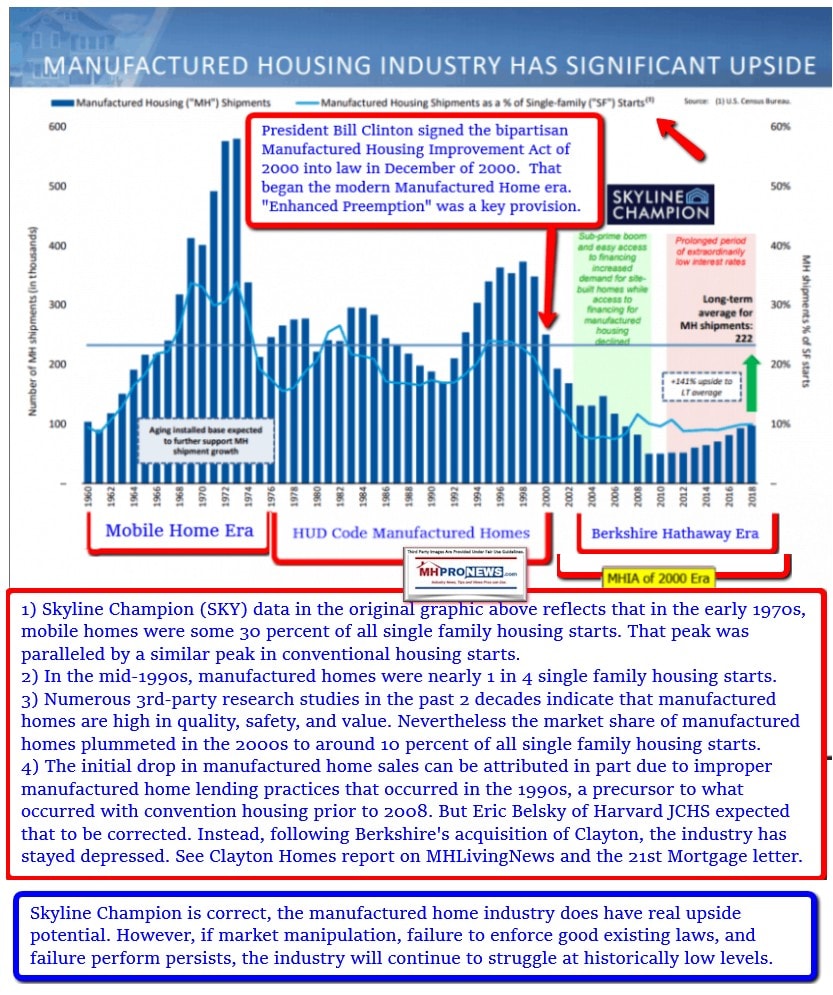

Nor are they measured by claims of customer satisfaction when the base study is hidden behind a members only login, so that the methodology of the claimed research is not visible to all. Indeed, the fact that details like that customer/resident satisfaction are not public, or that even their own staff names are no longer public begs the question, why is MHI operating so differently than other trade groups?
- It is common that trade associations or nonprofits that do meaningful research make that research public and allow the details to be viewed by all who may wish to examine them.
- It is also common that trade association or nonprofits show the names of their key staff, often providing contact information. MHI used to do that, as recently as 2018 or perhaps even into 2019. What caused them to begin to ‘hide’ staff names and contact information?
While these may seem like innocent oddities, when examined as part of a broader mosaic, it may shed light on the concern that MHI has been weaponized by a few power players to the disadvantage of other members and the industry at large.
- It is worth noting that some companies that are MHI members have said off the record that they’ve been ‘pushed’ into joining. For example, if a supplier is doing business with a larger MHI member, that member-company may ‘encourage’ the supplier to join. If that encouragement is to some degree a kind of coercion by implication, that may constitute extortion. It could cause MHI to be construed more like a protection racket instead of a trade group.
- Federal and state prosecutors who pursue RICO (Racketeer Influenced and Corrupt Organizations) claims look at a variety of issues, which include but are not limited to, false or misleading information conveyed by the U.S. Mails or “the wires” (internet, phones, etc.) that are intended in an illicit manner.
- Statements by former MHI members add some context too. For example, Neal Haney’s statement cited below reflects several organizations, not just his sole view. Other associations have told MHProNews that they feel ‘compelled’ to participate or stay quiet on issues, often contrary to previously stated published views. During an affordable housing crisis, when manufactured housing is performing at historically low levels, these are possible signs of market manipulation that merit investigations by various public officials.
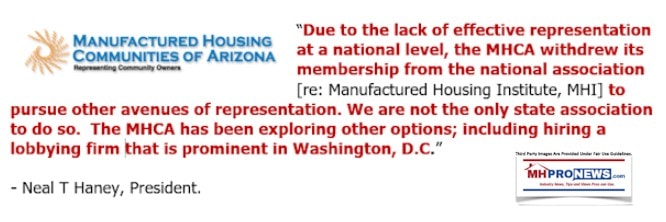
With that backdrop, what follows are the latest from the Manufactured Housing Institute (MHI) in their emailed ‘news’ to members. Longtime readers note that MHI has not used their normal separate report on new manufactured housing shipment data; it has been combined with this report below. On the far said of their statements, MHProNews will do an analysis that unpacks the issues for industry pros and newcomers alike.
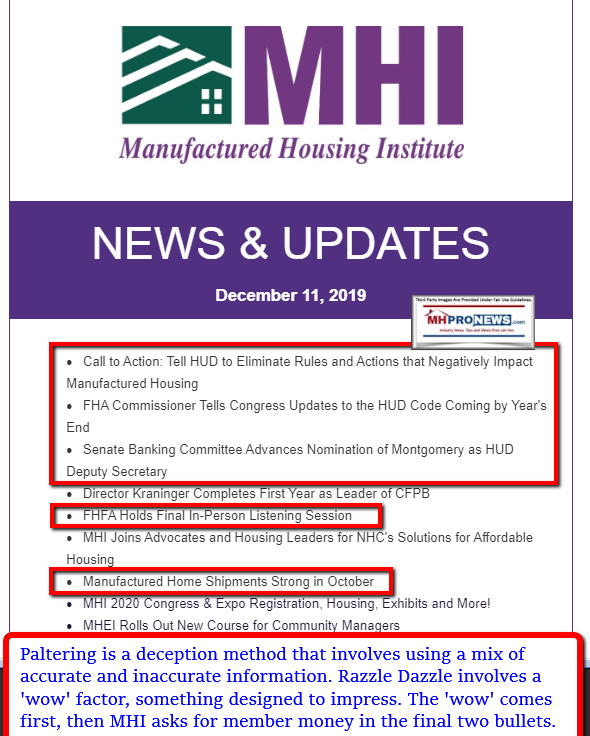
Call to Action
Tell HUD to Eliminate Rules and Actions that Negatively Impact Manufactured Housing
WASHINGTON — Due to MHI’s constructive and consistent advocacy to make manufactured housing a priority for the Administration’s affordable housing initiatives, the Department of Housing and Urban Development (HUD) announced it is seeking comments from the public about federal, state, and local regulations, land use requirements and administrative practices that “artificially raise the costs of affordable housing development and contribute to shortages in housing supply.” HUD’s announcement is a direct result of MHI’s ongoing successful and effective advocacy efforts.
The public comment period ends on January 21, 2020. MHI will be submitting a detailed comment letter regarding HUD’s current regulations and actions, as well as state and local discriminatory practices, that need to be addressed immediately to ensure manufactured housing remains an affordable homeownership option for families.
We need you to join MHI’s effort and weigh in with HUD about federal, state and local regulatory rules and actions that should be changed because they are negatively impacting your ability to meet the housing needs of your customers. It is important that HUD receive numerous comments from the manufactured housing industry during this public comment period.
With MHI’s advocacy page, sending your comments to HUD is easy.
Click here and follow the simple steps on MHI’s website. The letter to HUD has already been composed – all you have to do is insert your home address and click submit.
What’s in the Letter?
The sample letter that MHI has prepared includes examples of actions that HUD can take to address federal, state and local rules and actions that are negatively impacting manufactured housing, including:
Combat Zoning and Restrictive Land Ordinances – HUD must exercise its preemption authority when local regulatory construction standards and zoning, planning or development policies adversely affect the placement of quality, affordable manufactured housing.
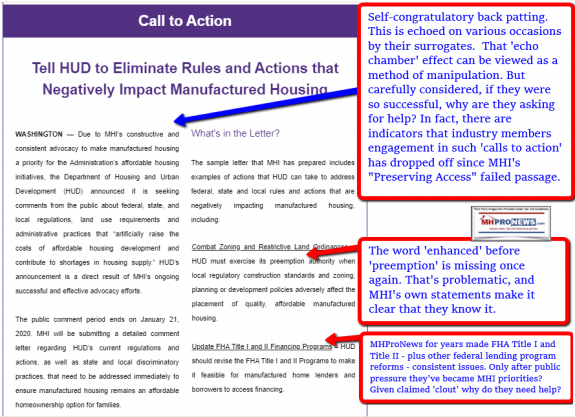
Update FHA Title I and II Financing Programs – HUD should revise the FHA Title I and II Programs to make it feasible for manufactured home lenders and borrowers to access financing.
Update the HUD Code in a Timely Manner – If the HUD Code is not updated on a consistent basis, manufactured home builders will be prohibited from providing the latest innovations, technologies and features that consumers demand. The internal process at HUD needs to be changed to ensure that its manufactured housing policies foster uniformity and ease of compliance, benefit consumers, minimize discrepancy with state and local codes and promote innovation.
Reduce Unnecessary Paperwork Burdens Under Subpart I – While the manufactured housing industry will always support measures that ensure manufactured homes are safe for consumers, the Complaint Program has morphed into a regulatory burden, contributing to higher home prices by requiring unnecessary paperwork and records.
Amend On-Site Completion of Construction of Manufactured Homes Requirements – Because of the lack of clarity, contradictions to the HUD Code, and lack of demonstrable need for the rule compared to increased costs and decreased home features, HUD should revise the on-site completion of construction rule to reduce unnecessary administrative burdens.
|
|
|

|
|
|

Senate Banking Committee Advances Nomination of Montgomery as HUD Deputy Secretary
WASHINGTON – The Senate Banking Committee advanced the nomination of Brian Montgomery as the Deputy Secretary of the U.S. Department of Housing and Urban Development (HUD) by a vote of 20-5. Montgomery has been a longtime industry supporter of manufactured housing, and has spoken at numerous MHI events, including MHI’s Annual Fly-In and the Homes on the Hill event this year. His nomination now goes to the full Senate for a confirmation vote.
Originally from Texas, a state with more than 20 manufactured housing plants and the second highest number of manufactured housing units in the country, Montgomery has extensive experience with manufactured housing and a thorough understanding of the importance of manufactured housing as an affordable source of quality homeownership. MHI has been working closely with Montgomery, who currently serves as HUD’s Assistant Secretary for Housing and the Federal Housing Commissioner, to advance the industry’s priorities of updating the FHA Title I and II Programs and carrying out expansive manufactured housing regulation.
##

Manufactured Home Shipments Strong in October
MHI’s October Monthly Economic Report showed a 17.3 percent increase compared to September 2019 and an increase of 9.9 percent year-over-year in manufactured home shipments. Individually, single-section homes saw a 9.2 percent year-over-year increase, and multi-section a 10.5 percent increase.
Meanwhile, pending home sales were down 1.7 percent month-over-month in October, according to a recent article by CNBC Real Estate Correspondent Diana Olick. While 30-year fixed mortgage rates ticked up slightly for the month, the article suggests a shortage of housing inventory led to the drop in sales after a year of lower rates increased demand.
The country also saw a continued increase in employment and wages over the third quarter of 2019, according to a report from the White House.
The highest increase in employment was seen among the low to middle income jobs segment, including goods-producers, service-providers and construction workers. As the price for new home starts has increased with demand, manufactured housing has consistently proven to be a high-quality, affordable option for homebuyers.
While total shipments are down 3.6 percent overall compared to last year, the significant increase in shipments of factory-built homes provides an excellent example of our industry’s ability to provide relief from the shortage of affordable housing across the country.
##

When asked for reaction to the above, Mark Weiss, President and CEO of the Manufactured Housing Association for Regulatory Reform (MHARR) said this: “I wrote to our members and the [manufactured home] industry on this initiative – an outgrowth of a specific Executive Order – back in November. Where have they been for the past month?”
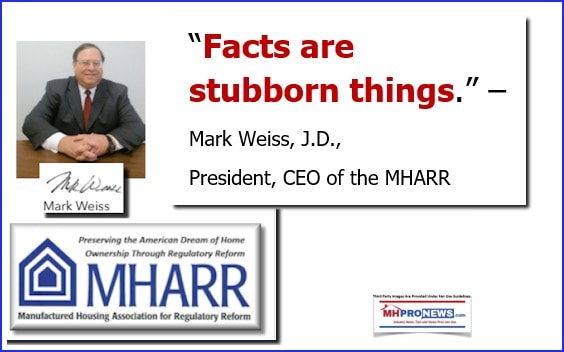
When pressed on other aspects of the MHI missive, Weiss declined further comment.
But when our publisher viewed it, he said that several items in the message looked like they could have directly or indirectly been attributable to either MHARR, MHProNews and/or were responses to our reports. See the graphics below the sections above for more insights on that concern.
Put differently, MHI wants to claim a copyright, but doesn’t mind infringing on the intellectual or work product of others without proper attribution?

Deceptive Trade Practices, False, Perjuriously or Misleading Statements Intent to Defraud?
MHLivingNews has looked previously at statements made under oath by outgoing MHI President and CEO, Richard ‘Dick’ Jennison. The screen capture below sums up some concerns, but more information is found in the report linked below it.
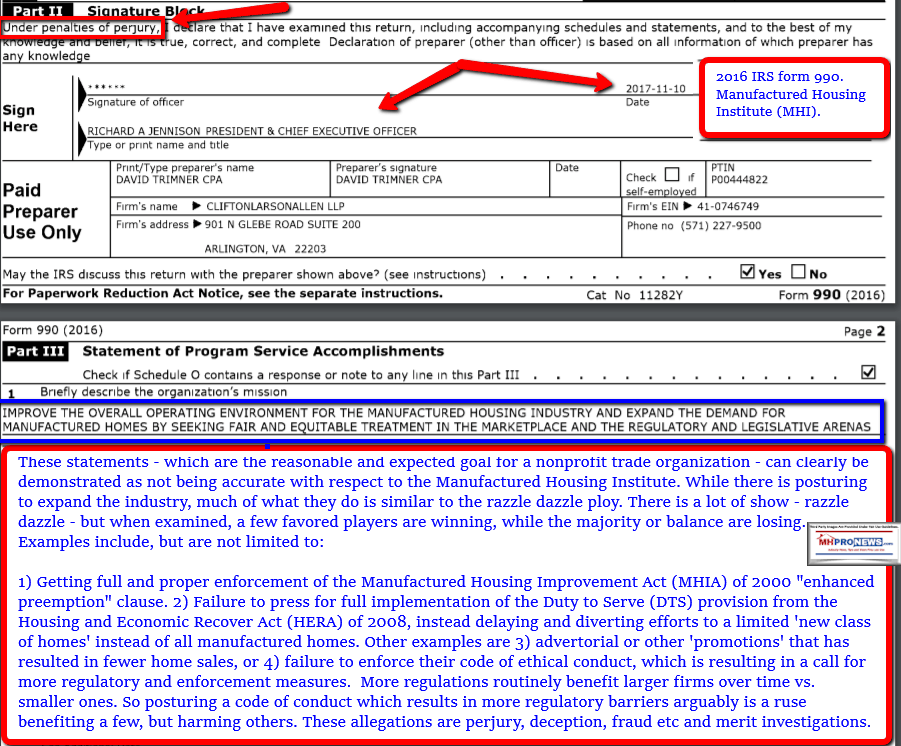

Quotable Quotes
“If you tell the truth, you don’t have to remember anything.” – Mark Twain, per AZ Quotes.
“It’s easier to fool people than to convince them that they have been fooled.” – Mark Twain, per Goodreads.
Snopes claims that the later Twain quote may be a modernization of the original phrasing, accurate in one sense, but not word-for-word what Twain – a.k.a. Samuel Clemens – wrote.
“The glory which is built upon [a] lie soon becomes a most unpleasant incumbrance,” wrote Mark Twain, per Snopes, which added this too: “How easy it is to make people believe a lie, and [how] hard it is to undo that work again!”
Facts, Failure to Credit, Half-Truths, Lie, Spin, Self-Praise, Corruption Coverup and Pick-Pocketing?
Examining Latest from Manufactured Housing Institute
Once someone has the secret Manufactured Housing Institute (MHI) decoder ring, their mannerisms and maneuvers begin to come into focus.
After months or years of pressure from the Manufactured Housing Association for Regulatory Reform (MHARR), Manufactured Home Pro News (MHProNews) or Manufactured Home Living News (MHLivingNews) they may finally relent to a certain degree on a given topic, arguably issue a message under their name using other’s talking points without proper attribution, and then posture as if it was their idea all along.
And then oh, by the way, come join MHI at your expense at their next event, so they can pick your brain, pocket, and perhaps discern how your firm can be the next acquisition for a larger consolidator. In the case of the later, because the industry is underperforming, such transactions are routinely at a discounted valuation. That’s the essence of a scheme that fosters a de facto violation of antitrust rules, say observers that include present and current MHI members.
Don’t forget – say MHI critics – that while the bad news stories that contributes to image issues that keep the industry underperforming are routinely tied to certain MHI member companies or event attendees/sponsors, they issue a code of ethical conduct that makes the pages of their website. That gives them an appearance of respectability, while they continue to ignore the very code they’ve finally made public.
Furthermore, they’ve fostered or given cover to public officials they have demonstrated they have ready access to that could amend practices that are harmful to manufactured housing. Why aren’t they doing the job that dues payers are supposedly giving them money for?
When invited to respond or discuss such concerns in a public setting, MHI, their apparent bosses and their allies duck, dodge, deflect, distract or defame directly or through surrogates. This claim has been tested by MHProNews repeatedly with MHI and their leadership directly. They routinely decline comments directly but may respond instead though purportedly compensated or rewarded surrogates.
Federal Officials Already Investigating?
Various Senate, House, media and other sources indicate that multiple investigations are underway.
One example is found in the report linked above, another is posted in the video below.
To learn more about the allegations and issues, see the related reports linked below the byline, offers and notices.
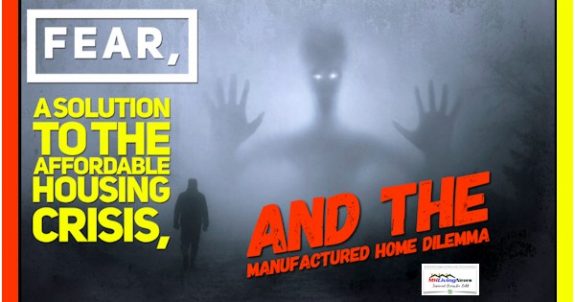
There are new insights coming – perhaps as soon as our Sunday report – with respect to documentation on the issues related to the above. That’s a wrap on your Saturday installment of the manufactured housing trade media’s #1 source for “Industry News, Tips, and Views Pros Can Use,” © where “We Provide, You Decide.” © (News, fact-checks, analysis, and commentary.)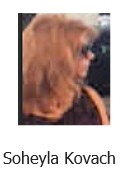
Submitted by Soheyla Kovach for MHProNews.com.Soheyla is a co-founder and managing member of LifeStyle Factory Homes, LLC, the parent company to MHProNews, and MHLivingNews.com. Connect with us on LinkedIn here and here.
Related Reports:Click the image/text box below to access relevant, related information.
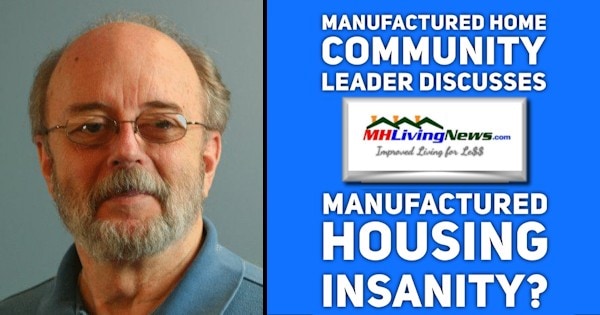
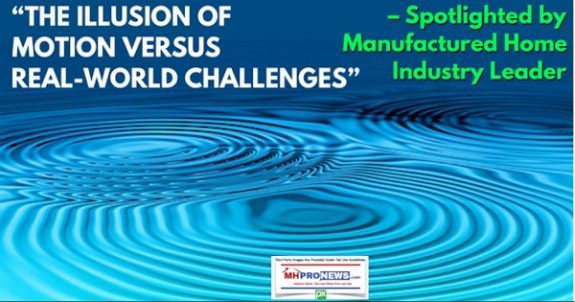
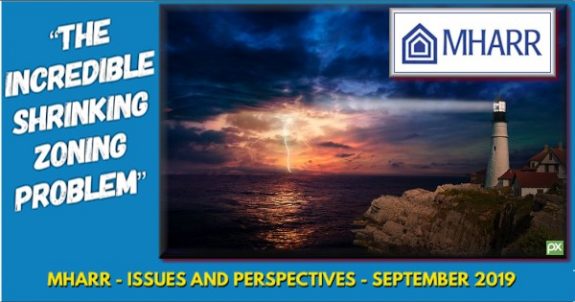
California Housing Crisis, HUD Secretary Ben Carson, and Manufactured Housing
